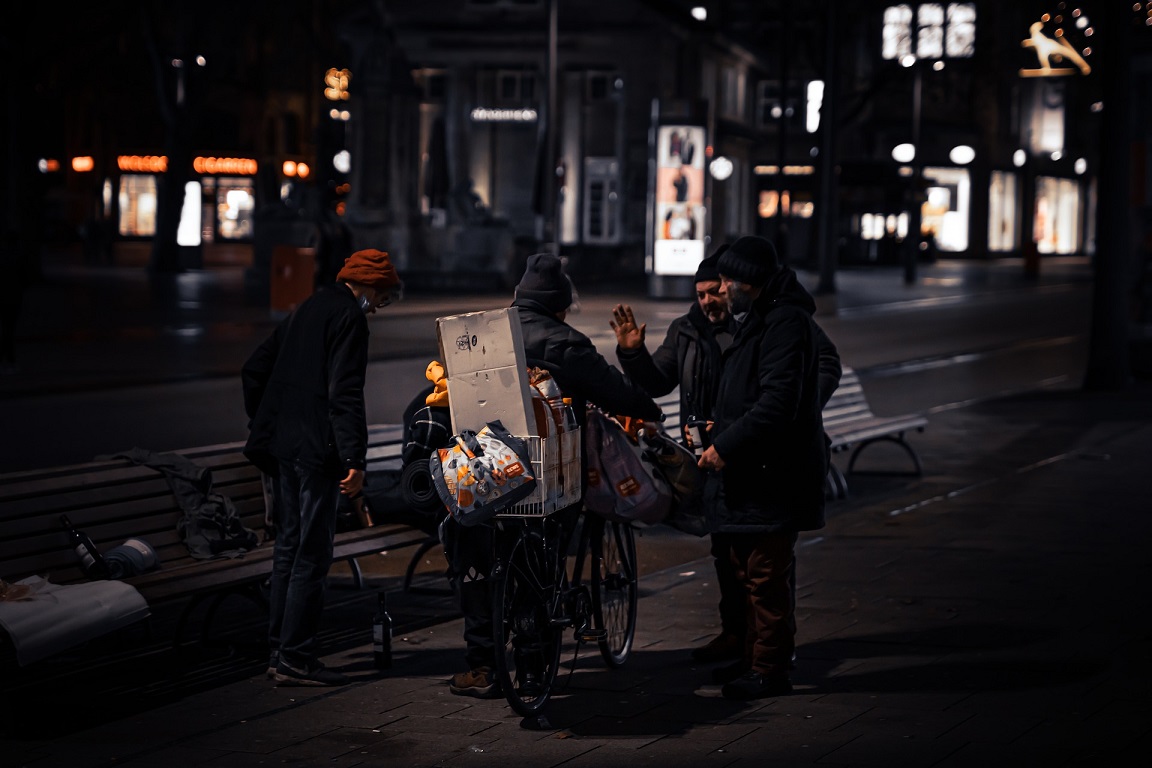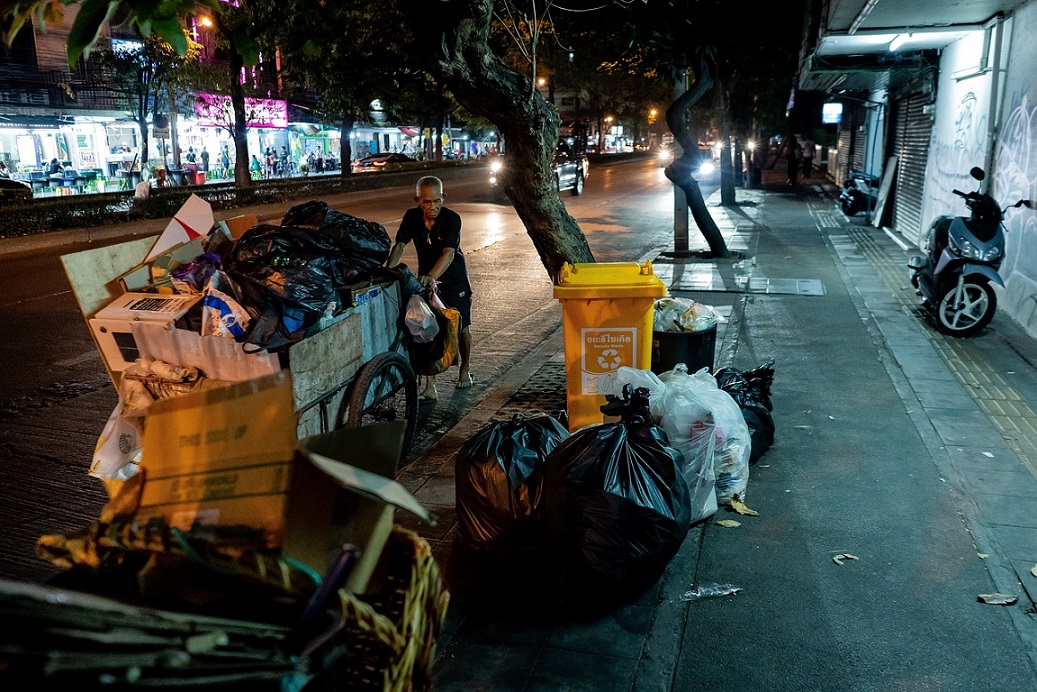The arrival of progressive governments in Latin America succeeded in promoting universal social policies, and in some countries progress was made in covering certain needs. As a result, the pace of inequality and poverty reduction showed relatively positive behaviour.
 Teyuné Díaz Díaz
Teyuné Díaz Díaz
As a result of the effects of the accumulated effects, the situation changed with the arrival of right-wing governments in the region, and this implied setbacks in social matters, together with the negative impact of Covid-19.
This is the opinion of Geydis Fundora, PhD in Sociological Sciences and professor at the Latin American Faculty of Social Sciences in Cuba. Fundora believes that poverty cannot be reduced without reducing inequalities; it can be mitigated and some indicators alleviated when the state has a strong social assistance system based on a fiscal policy that allows the capture of more income from those who concentrate the most wealth.
But without transforming inequalities of gender, race, ethnicity, disability discrimination (one of the most invisible statistics), poverty will not really be transformed.
In the researcher’s opinion, policies exist on four levels. The most universalist policies have a more homogenous vision, an uncritical population approach – for the entire population – but at a certain point their effects stagnate.
 If this happens, new policies need to be created because positive mobility reaches a point and opportunity grabbing by those better positioned may occur, but these are valid and necessary projections.
If this happens, new policies need to be created because positive mobility reaches a point and opportunity grabbing by those better positioned may occur, but these are valid and necessary projections.
According to Fundora, universal actions must be complemented by others that specifically address disadvantaged subjects, called difference-sensitive universalism, critical universalism.
On the other hand, there are policies that are sensitive to heterogeneity, those that differentiate needs such as those of older adults, boys and girls. However, they do not address inequality because they do not problematise it, they state that we are diverse and therefore the structure of options must respond to this.
At the third level are individual upward mobility promoters, which look at inequality, disadvantages of certain social groups, gender, rurality, informal employment, household responsibility and income overload.
In that case they are aimed at empowering that person economically, they will be focused on individuals, households, and help the policy subjects to have the conditions and take advantage of them.
 But they do not mean the eradication of the phenomenon, nor do they imply permanent or relapse-free solutions, and even if they do not eradicate the causes of the problem, they at least problematise inequality.
But they do not mean the eradication of the phenomenon, nor do they imply permanent or relapse-free solutions, and even if they do not eradicate the causes of the problem, they at least problematise inequality.
And finally, the policy of critical universalism, which is sensitive to differences but already problematises inequality, addresses the structural causes. Example: the aim of my policy is to transform the employment structure. But translating the approach into results is more difficult due to the scarcity of state resources, or requires a revolutionary or radical transformation, which would generate a conflict of interests because we are talking about the concentration of capital, the use of the poorly paid labour of others.
In Fundora’s view, attention to poverty must go hand in hand with attention to vulnerabilities and inequalities. PL
(Translated by Cristina Popa – Email: gcpopa83@gmail.com) – Photos: Pixabay












.jpg)












